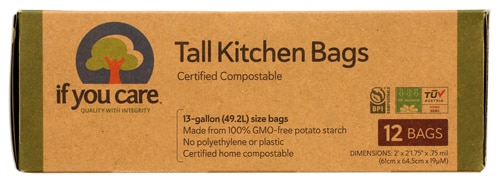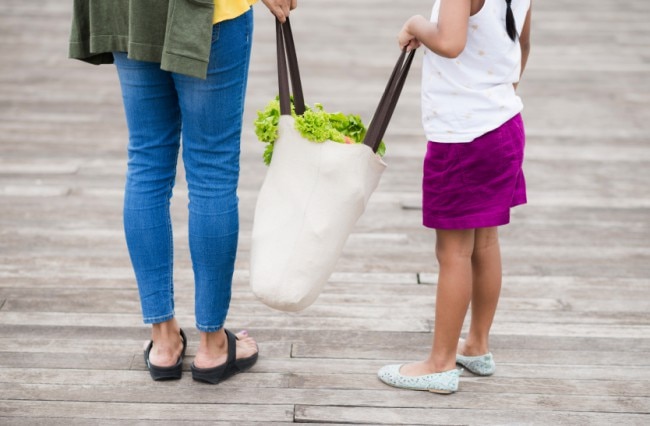Food waste is one of the most serious ecological problems we have. 1.3 billion tons of edible food is thrown away every year. This food waste is creating 3 billion tons of carbon and makes up the majority of our landfills. By the way, it also amounts to $640 a year in money waste, per family. And, c’mon, it’s wasted food! It doesn’t take a Mensa member to know that’s bad.
You can do your part by working as a family to reduce your own food waste. I know it can be hard when you have little ones who don’t want to clean their plate, but the old mentality of “cleaning your plate” regardless of your hunger level is definitely not the answer. Here are three tips for helping your kids learn about food waste.
1. Teach them about portions
Our idea of portion size has become completely distorted in the past few decades. A really easy way to prevent having to throw away the food on your kid’s plate is to give them less to start with. In our house, we serve small portions and go back for seconds if need be. This not only helps with reducing food waste but helps us keep our hunger cues in check – that’s a win/win. We also save and eat leftovers, which is great because I really don’t like cooking, and it gives me a night off. If you have a problem eating leftovers, try cutting your recipe size in half and see how you do. Guilt sucks, so let’s take that out of the equation and only make what you’ll eat.
2. Involve them in shopping for groceries
How many times have you bought a vegetable or fruit that your kids loved and devoured the previous week only to find they have no intention of putting one more piece of that food in their mouth ever again? Yeah, that’s what I thought. If you can’t take them with you, or won’t, take five minutes to chat with them about what sounds good before you hit the store. Our bodies crave different foods based on our physical and nutritional needs, it’s not just them being stubborn eaters. Listen, give feedback and come up with a shopping list together.
3. Create a compost container together
Kids like projects, that’s why teachers are still doing that California Mission project 30 years after I was in elementary school. There are many starter kits available online that are simple and easy to use. Set up a separate trash can in the kitchen for food waste, line it with a compostable trash bag, and it all goes into the compost bin together. In that one simple change you’re reducing what you send to the landfills (where food rarely sees enough oxygen to decompose) and reducing your carbon footprint. High five!
Editor’s note: For more tips and tricks for reducing food waste (and creative ways to use fruit and veg that are "on the edge"), check out our Zero Hunger, Zero Waste initiative.




